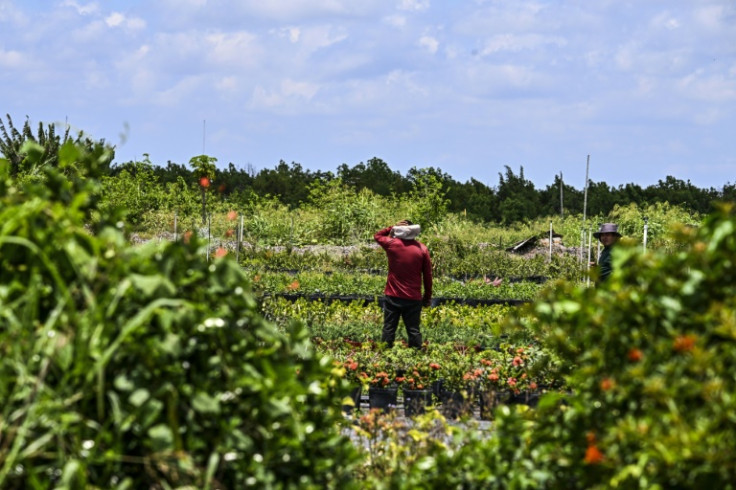
Florida Governor Ron DeSantis signed this week a state bill preventing local governments from imposing their own heat exposure protection measures.
The law made the rounds at a national level, considering the impact the law can have on Florida's two million outdoor workers as the state's already trying weather conditions are set to exacerbate as a result of climate change.
Different actors and organizations interviewed by local media throughout the days illustrated contrasting assessments. While business representatives focused on avoiding the economic impact they said measures would have, labor representatives decried workers' lack of protection.
"Small business owners don't have the time or the resources to navigate a confusing and contradictory array of local ordinances that go beyond (what) the state already mandates," said in a statement Bill Herrle, Florida director of the National Federation of Independent Business.
"Without continuity in business, businesses will not come to Florida. People will stop coming to Florida," added state Representative Bob Rommel, a Republican, during a debate on the legislature floor.
The bill was passed after the state's most populous county, Miami-Dade, was considering passing heat protection rules including the need for employers to provide shade and 10-minute breaks every two hours when temperatures passed a certain threshold. County commissioners rejected the proposal in November on concerns it would affect businesses.
There was a lot of concern out of one county, Miami-Dade. And I don't think it was an issue in any other part of the state," said DeSantis when signing the law. "I think they were pursuing something that was going to cause a lot of problems down there."
Democrats and environmental and labor groups were among those critical of the measure. Many cited all-time heat records in the state over the past year, including in areas like Tampa and Fort Myers.

At a global level, 2024's was the hottest March in recorded history, setting a record for the 10th consecutive month.
"HB433 is an extremist law by Florida's Republican-led Legislature and industry lobbyists in agriculture and construction who care more about their profits than the lives of the workers who make these profits possible," said Oscar Londoño, co-executive director of WeCount, as reported by The Hill.
"Without water, without rests, without shade, the body of a worker—it resents it," Lupe Gonzalo, who used to pick tomatoes during the summer, told NPR.
The Tampa Bay Times reported that more than 90 organizations opposed the measure, including the the Farmworker Association of Florida and the NAACP Florida State Conference, which sent letters to the governor seeking a veto.
"Floridians feel it getting hotter and understand how difficult and dangerous it is to labor in the sun and heat," reads a passage of the opponents' letter.
Florida has recorded 215 deaths directly caused by heat between 2010 and 2020, but experts said the number is probably higher as they don't include existing conditions exacerbated by heat nor cases involving noncitizens, many of whom work in the agricultural sector.
© 2025 Latin Times. All rights reserved. Do not reproduce without permission.






